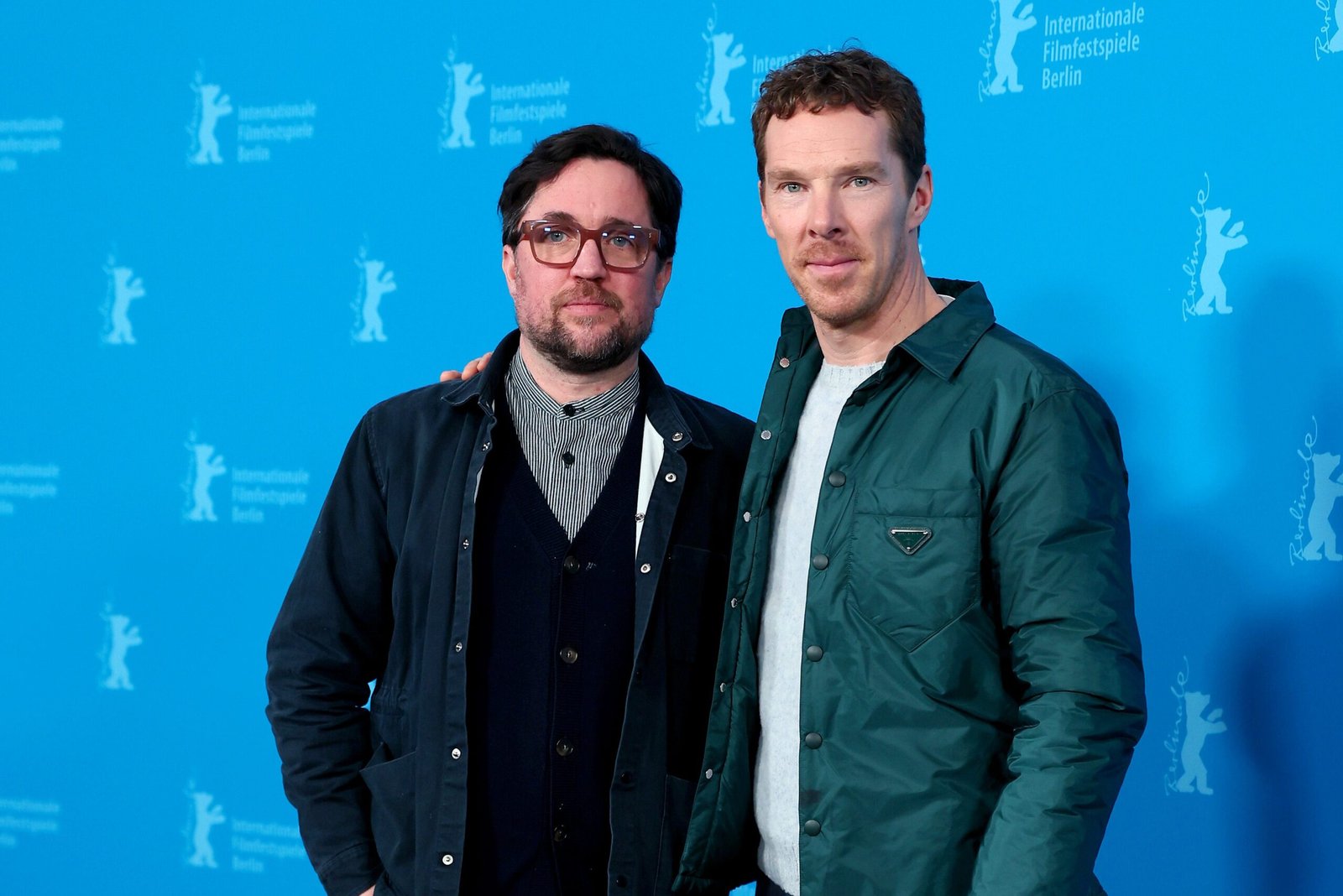According to a new research project from behavioural scientists at Monash University, recreational reading is on the decline, and we lag behind other nations in our reading habits.
According to a new research project from behavioural scientists at Monash University, recreational reading is on the decline, and we lag behind other nations in our reading habits.
By Jane Sullivan
February 18, 2025 — 11.00pm
When it comes to reading books, we are a divided nation: 54.9 per cent of us are readers and 49.8 per cent are non-readers.
These are the findings of Understanding Australian Readers, a research project by behavioural scientists at Monash University and the reading advocacy platform Australia Reads. What you think of that news depends on whether you are a glass half-full or a glass half-empty person. Reading is declining, and we lag behind other nations in our reading habits.

But there’s one bit of decidedly good news from this research: whether they are readers or not, at least half those surveyed want to read more often. The researchers surveyed 1622 respondents aged over 16. They found that 49.9 per cent of Australians regularly read for enjoyment. But only 17.3 per cent said reading was the leisure activity they devoted most time to, compared to more than 80 per cent who watched movies and TV.
Then there were reader types. Avid readers (22.4 per cent) read very frequently. Engaged readers (30.6 per cent) read regularly, want to read more. Ambivalent readers (14.8 per cent) read with varying frequency: they aren’t sure if they want to prioritise reading over other activities. Aspirational readers (14.7 per cent) read infrequently but want to read more. Uninterested non-readers (10.4 per cent) don’t read books.
Loading
Those who wanted to read more struggled with distractions, motivation, having time and finding books. And here’s where the advocacy comes in. At the launch of the report last week, Australia Reads reached out via a Zoom meeting to people in all the branches of the book industry (educators, librarians, publishers, booksellers and authors) to discuss how to get more people reading, what the best ways might be to reach those who rarely read, and what they could practically do to influence reading habits.
The Monash surveyors on their BehaviourWorks team already have some ideas on that. Lead researcher Dr Breanna Wright recommends seeking practical help from book subscription services and social media, or asking librarians or booksellers for personalised recommendations. Ebooks and audiobooks might prove a more useful format than printed books.
Don’t make it a chore or a duty, they advise. Focus on the enjoyments and benefits. Try to set reading goals. Talk about books with others by joining or starting a book club. If you aren’t getting into one book, you might need another one to suit your mood, even if it means starting a new book or a different genre.
Lacking time or getting distracted? Try shorter books or audiobooks. Put books in visible places or set reminders to read. Try setting up a regular reading time, such as before bed or on public transport.
Advertisement
Loading
This is all good advice which I shall take. Although I’m certainly an avid reader, and read many books for work purposes, I’ve noticed that I get distracted more easily and reading seems more of an effort. The only idea I don’t recommend is reading in bed late at night. You will fall asleep, remember nothing in the morning and have to start again.
I take heart from keen new generations of readers who communicate on BookTok and get very excited about certain bestselling genres, particularly romance and fantasy. These might not be the books that older generations want to read, but hey, we are talking about enjoyment here, not learning.
The more you read, the more passionate you become about reading. But you do have to find books that speak to you, not to the people who tell you what they think you should be reading.
Discover more from World Byte News
Subscribe to get the latest posts sent to your email.



